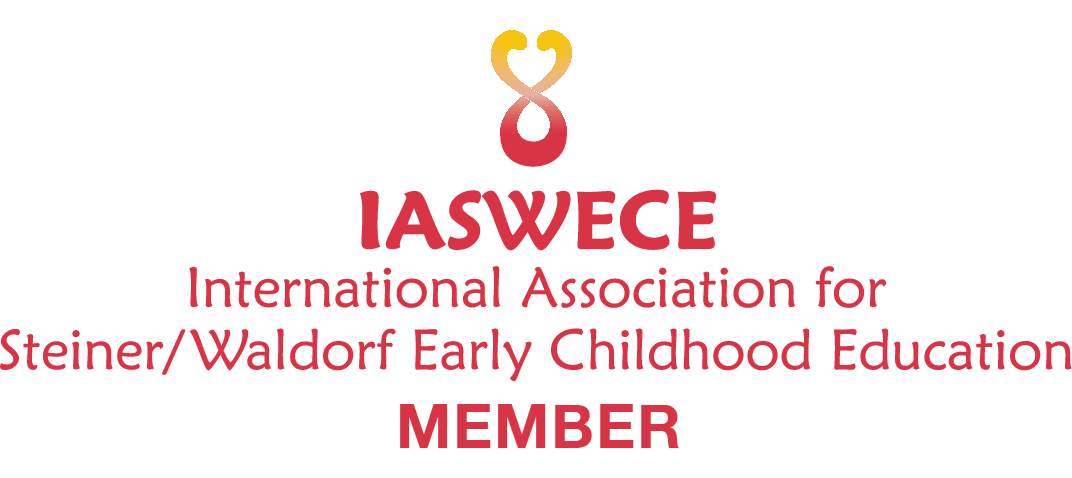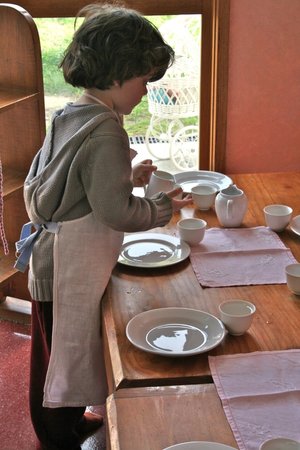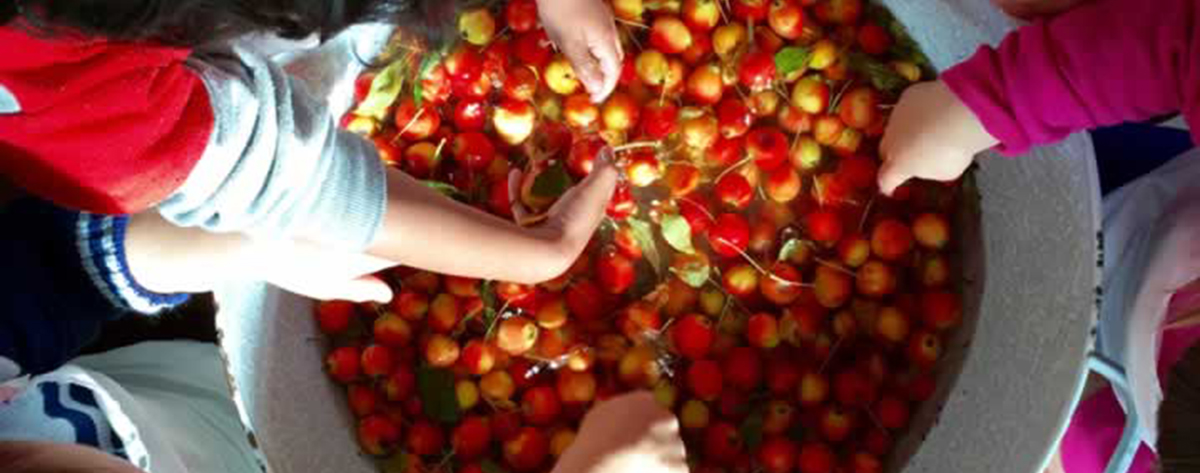The Australian Association for Rudolf Steiner Early Childhood Education (SECA) is dedicated to the protection, development and strengthening of Steiner/Waldorf Early Childhood care and education of the child from pre birth to seven.
This includes promoting healthy development for children, the establishment of places where children can be given time and space to develop at their own pace, to explore and to play, and to follow their own inner initiative.
Aims and Objectives
To provide information and share knowledge and experience among early childhood colleagues and with the community
- Encouraging collegial relationships through regular regional meetings and workshops
- Producing, sourcing and sharing information and educational resources
- Publishing a newsletter for members
- Initiating collaborative research on contemporary questions regarding the care and education of the young child
- Encourage working with parents and other members of the community to provide for the needs and healthy development of the young child
To organise and provide professional development in Steiner/Waldorf Early Childhood education
- Organising and hosting The Vital Years national conference and regional seminars to deepen the understanding of the pedagogy of Steiner Education in the early childhood years
- Providing support to those who are working to establish new kindergartens and children's centres based on Rudolf Steiner's indications for the care and education of the child up until the age of seven
- Offering mentoring to teachers
- Supporting training and professional development for Steiner/Waldorf Early Childhood teachers and educators
To contribute to and nourish Rudolf Steiner/Waldorf early childhood education in Australia and worldwide
- Connecting with Steiner Education Australia (SEA) as associate members
- Maintaining contact and relationship with colleagues in the New Zealand Federation of Rudolf Steiner Schools
- Participating in the work of the International Association of Steiner Waldorf Early Childhood Education (IASWECE)
History and Structure of the Association
The Association had its beginning in 1985 when a small number of pioneering early childhood teachers convened the first national meeting, the Vital Years Early Childhood Conference of teachers and educators. These conferences were held every second year until in 1991 the decision was made to form an association with the aim of representing, nurturing and safeguarding Steiner/Waldorf Early Childhood Education.
In order to support and connect teachers and educators working in various states and regions around Australia, Regional Representatives are selected by the members. Their task is to bring local members together in regular meetings, to share information, organise workshops locally, to exchange ideas and deepen the work in Steiner/Waldorf Early Childhood Education. The Regional Representatives, together with other office bearers, form the Committee of the Association.
Anyone who lives with, or cares for young children, can be inspired and enriched by an encounter with Steiner/Waldorf early childhood education. This website is a SECA funded resource provided as a support to members and the wider community. We invite you to explore the resources we have gathered here to learn more.
Our seasonal newsletter 'Star Weavings' is a available to members of SECA as a benefit of membership. Look here to read complimentary past issues.
Join SECA as an individual member or as an organisational member

 IASWECE is an association representing the cultural impulse of Rudolf Steiner and the worldwide Steiner/Waldorf early childhood movement, and a partner of the international body Alliance for Childhood.
IASWECE is an association representing the cultural impulse of Rudolf Steiner and the worldwide Steiner/Waldorf early childhood movement, and a partner of the international body Alliance for Childhood.
The IASWECE Council is the main decision-making body for carrying out the purposes of the international association and for developing its educational and cultural goals. Currently, Heather Van Zyl is the Australian representative of SECA on the Council.
“In our Association, all who serve the education of children, the training of educators, the cooperation with parents, and the development of human culture at large – spiritually, legally and economically, work together… The fruitfulness of worldwide cooperation beyond all limits of language, politics and religion is a tried and tested experience.” – Dr. Helmut von Kuegelgen
